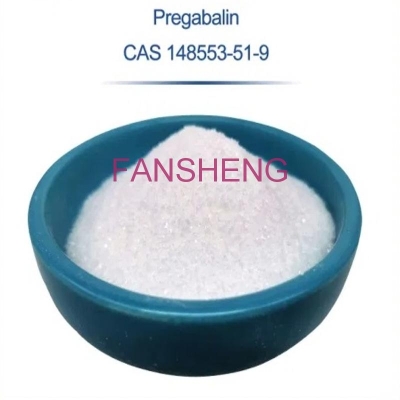-
Categories
-
Pharmaceutical Intermediates
-
Active Pharmaceutical Ingredients
-
Food Additives
- Industrial Coatings
- Agrochemicals
- Dyes and Pigments
- Surfactant
- Flavors and Fragrances
- Chemical Reagents
- Catalyst and Auxiliary
- Natural Products
- Inorganic Chemistry
-
Organic Chemistry
-
Biochemical Engineering
- Analytical Chemistry
- Cosmetic Ingredient
-
Pharmaceutical Intermediates
Promotion
ECHEMI Mall
Wholesale
Weekly Price
Exhibition
News
-
Trade Service
Early enteral nutrition is critical for preventing malnutrition and improving outcomes in severe stroke patients , but previous trials have provided conflicting results on optimal nutritional strategies
.
In order to compare the efficacy and safety of three enteral feeding strategies for severe stroke patients, experts from Xijing Hospital Affiliated to Air Force Military Medical University conducted a related study and the results were published in the journal Lancet Neurology
.
Early enteral nutrition is critical for preventing malnutrition and improving prognosis in severe stroke patients Early enteral nutrition is critical for preventing malnutrition and improving prognosis in severe stroke patients
The Optimal Early Enteral Nutrition in Severe Stroke Study (OPENS) is a multicenter, investigator-initiated, prospective, open-label, randomized controlled trial with blinded evaluations in 16 tertiary grade-A hospitals and district-level general hospitals in western China
.
Adult patients with acute major ischemic or hemorrhagic stroke (GCS ≤12 or NIHSS ≥11 on admission), expected to receive enteral nutrition for more than 7 days, were randomly assigned (1:1:1) by centralized Network randomized systematic assignment to total enteral nutrition (70-100% of estimated caloric needs), modified total enteral nutrition (full enteral nutrition plus agonists), or low-calorie enteral nutrition (40-100% of estimated caloric needs) 60%)
.
The indicated nutrition started within 24 hours of enrollment and continued for 7 days
.
The primary efficacy outcome was the proportion of participants with a poor outcome (modified Rankin Scale score ≥ 3) at day 90, and the prespecified primary safety outcome was mortality at day 90
.
During 2017-2020, 321 patients were randomly assigned (107 in each group), and 315 patients (175 [56%] men, median age 71 years, IQR 60-78) were included in the final analysis
.
The study was terminated early on September 23, 2020, because a significant between-group difference was found in mortality
.
The study was terminated early on September 23, 2020, because a significant between-group difference was found in mortality
After 90 days, there was no difference in the proportion of participants with an adverse outcome (modified full enteral nutrition 86/105 [82%] vs full enteral nutrition 85/106 [80%], OR = 0.
Further analysis showed that the 90-day mortality rate of low-calorie enteral nutrition was significantly higher than that of modified full enteral nutrition, with a nearly 2-fold increased risk (35/104 [34%] vs 18/105 [17%], OR=2.
89 , 95%CI 1.
Further analysis showed that the 90-day mortality rate of low-calorie enteral nutrition was significantly higher than that of modified full enteral nutrition, with a nearly 2-fold increased risk (35/104 [34%] vs 18/105 [17%], OR=2.
CONCLUSIONS: In the early stages of severe stroke, modified full or low-calorie enteral nutrition did not significantly reduce the risk of adverse outcomes compared with full enteral nutrition over 90 days
references:
Safety and efficacy of three enteral feeding strategies in patients with severe stroke in China (OPENS): a multicentre, prospective, randomised, open-label, blinded-endpoint trial.
https://doi.
Safety and efficacy of three enteral feeding strategies in patients with severe stroke in China (OPENS): a multicentre, prospective, randomised, open-label, blinded-endpoint trial.
Leave a comment here







